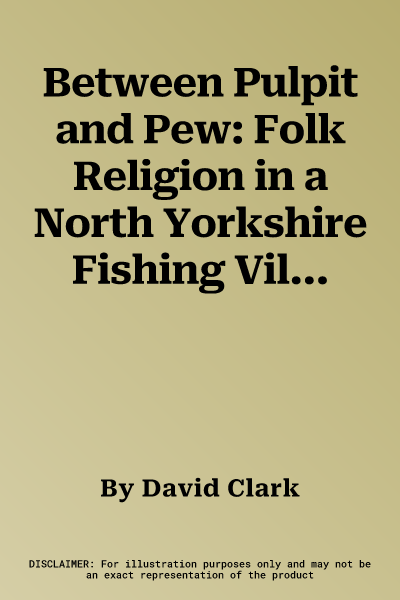Outside the formal teachings of the established religious institutions
of many 'advanced' societies, there continues to exist a rich body of
'unofficial' or 'folk' religious beliefs and practices. This book
provides an insight into the nature of folk religion in a small fishing
village in North Yorkshire. Using a combination of sociological and
historical methods, David Clark first explores the impact of an official
religion - Methodism - on the village in the early nineteenth century,
and its subsequent place in village life. He goes on the describe the
ways in which Methodism relates to a more diffuse set of folk beliefs
and rituals, such as those surrounding birth and death, the transitions
of the annual cycle and the rigours of the fishing economy. The result
is a fascinating portrait of official and unofficial religion within one
local community. It also makes an important contribution to scholarly
debates about the significance of folk religion within the wider
religious culture, and will be of considerable interest to teachers and
students of the sociology and anthropology of religion, and of local
history.

